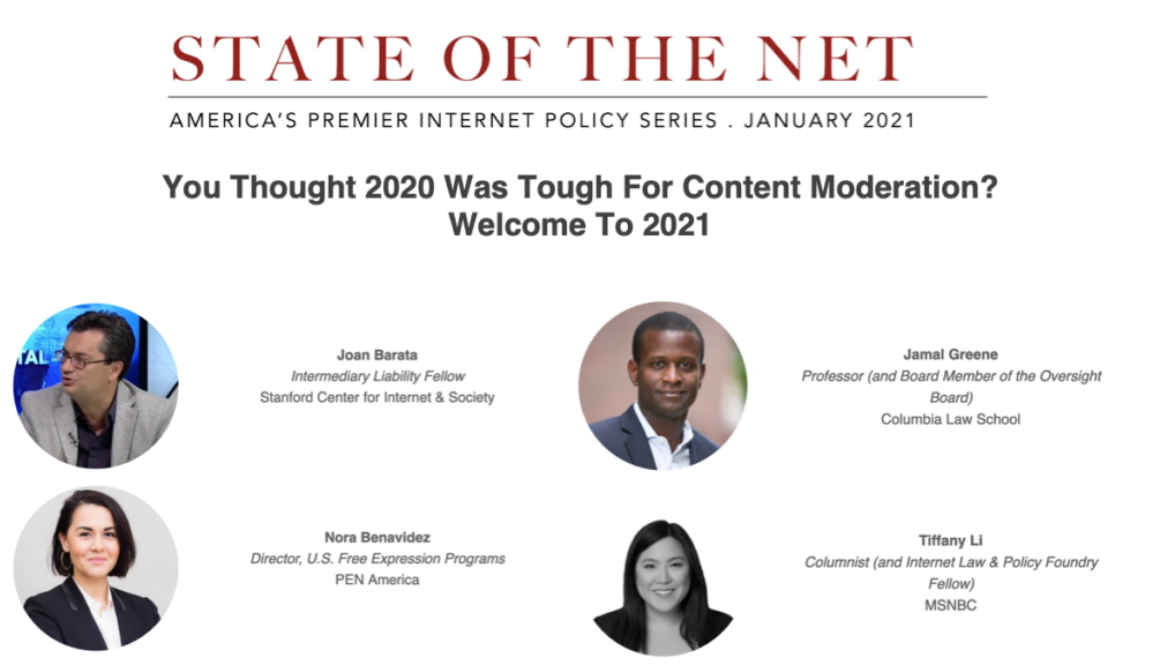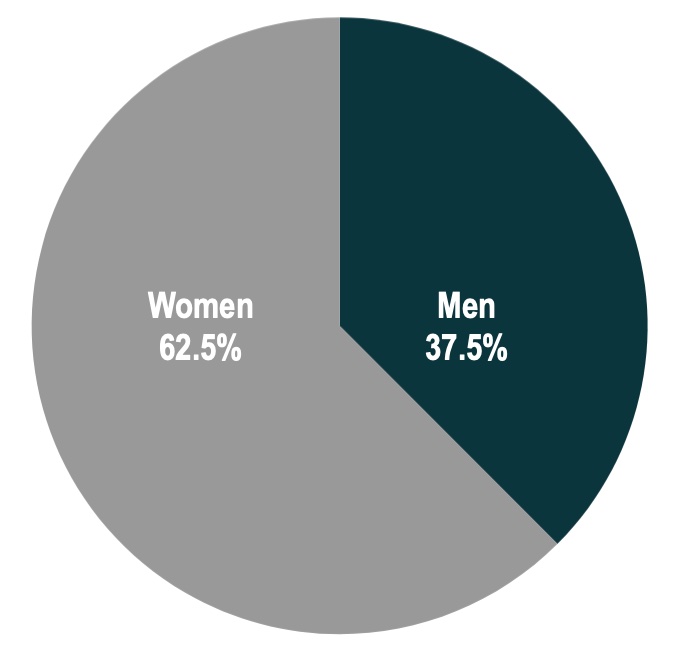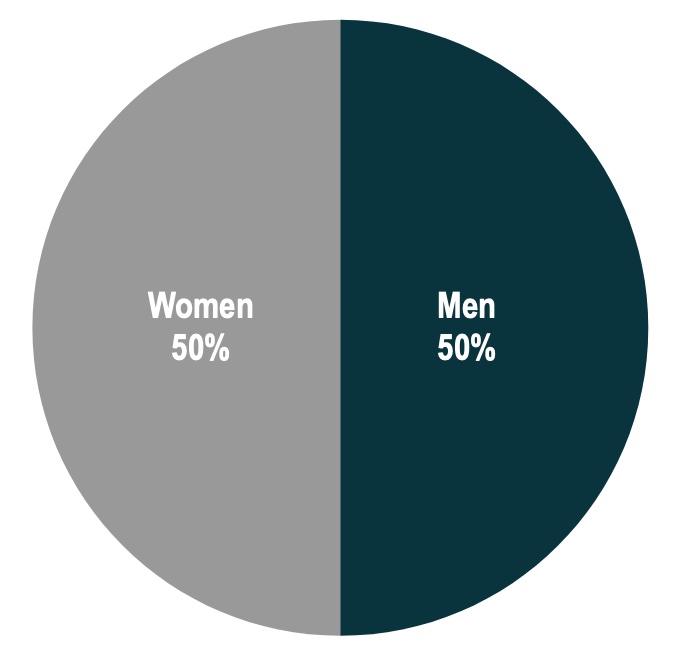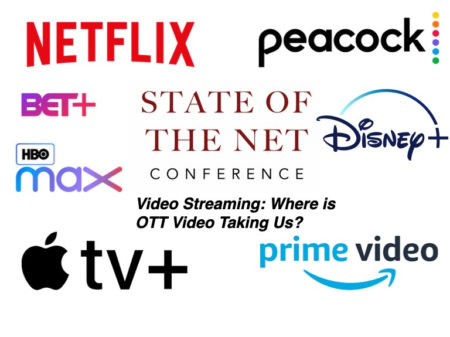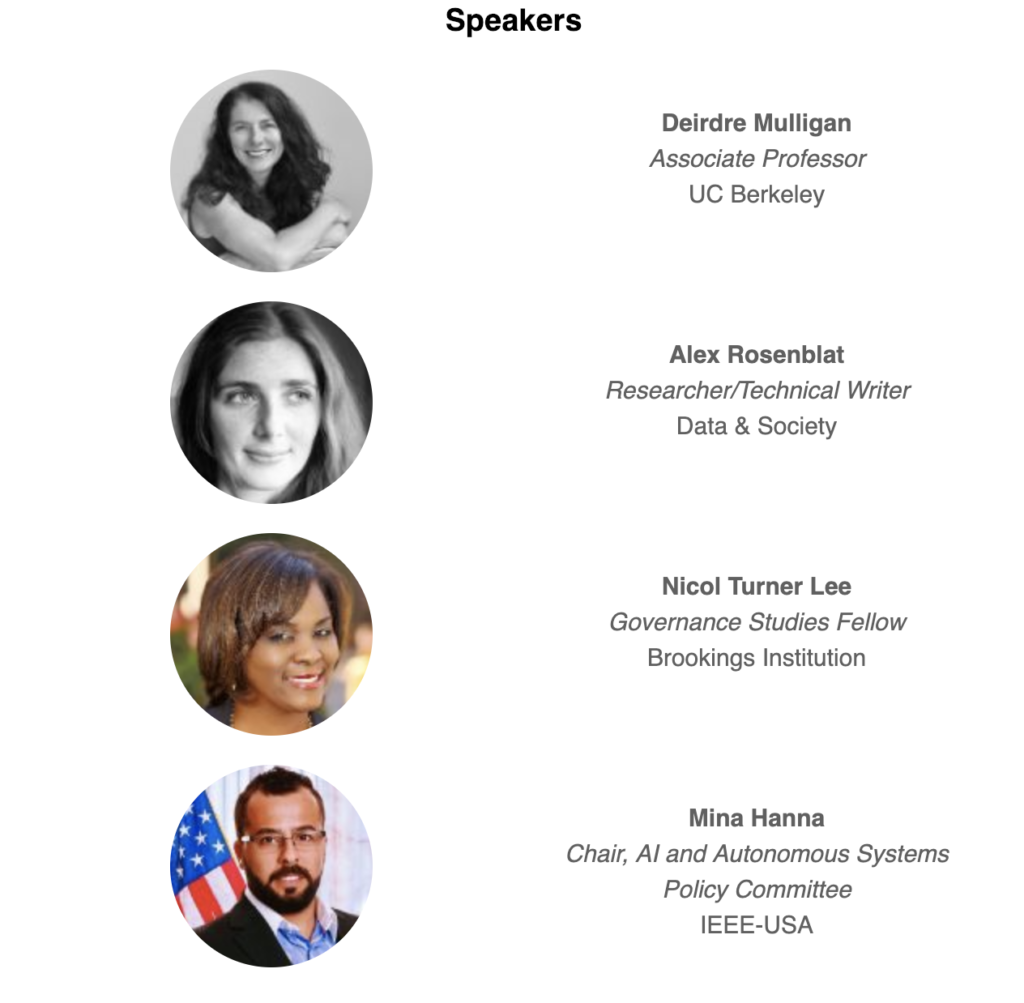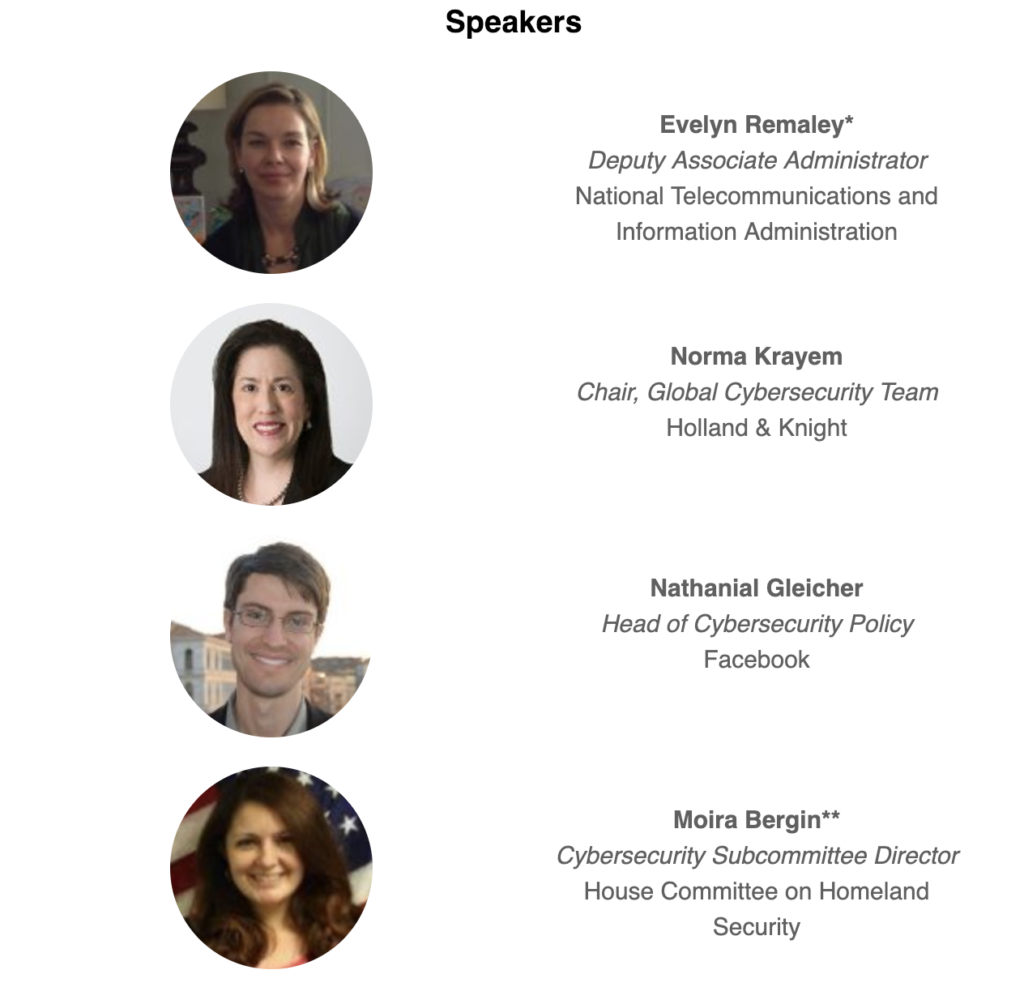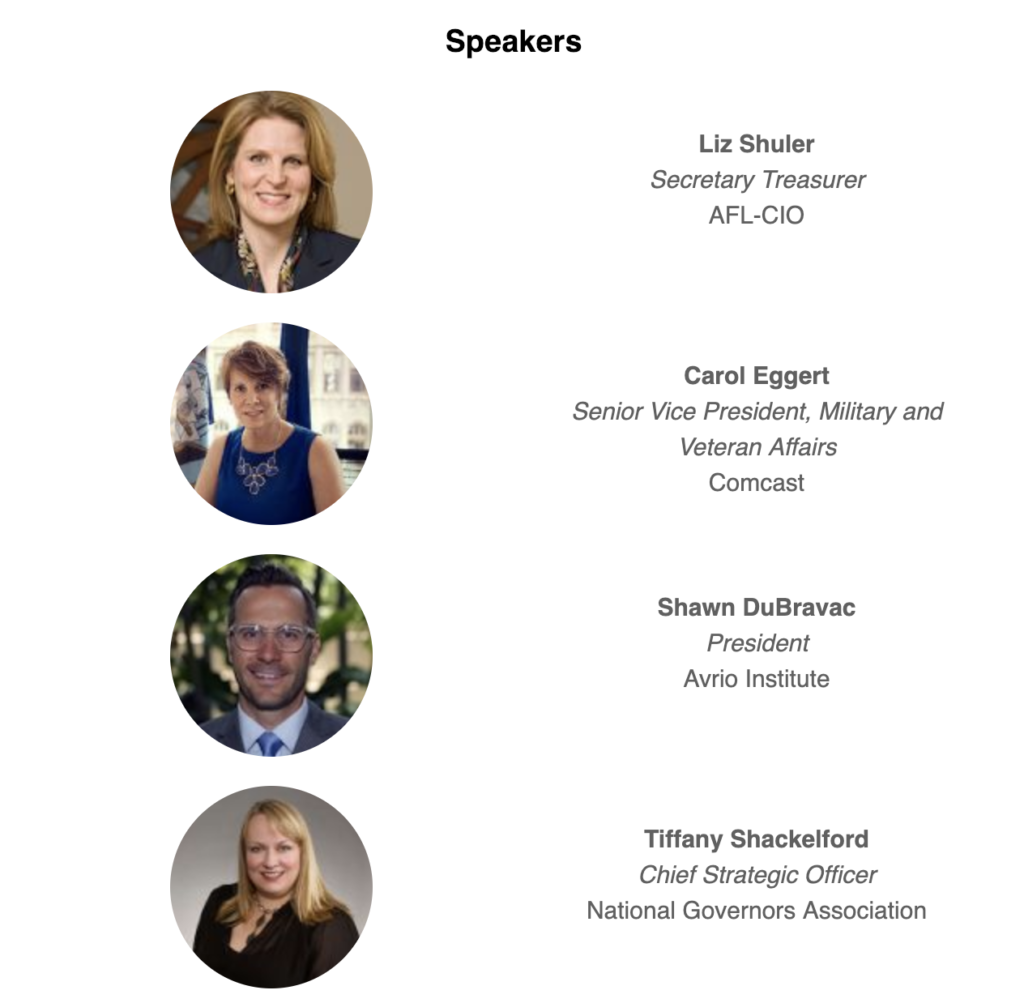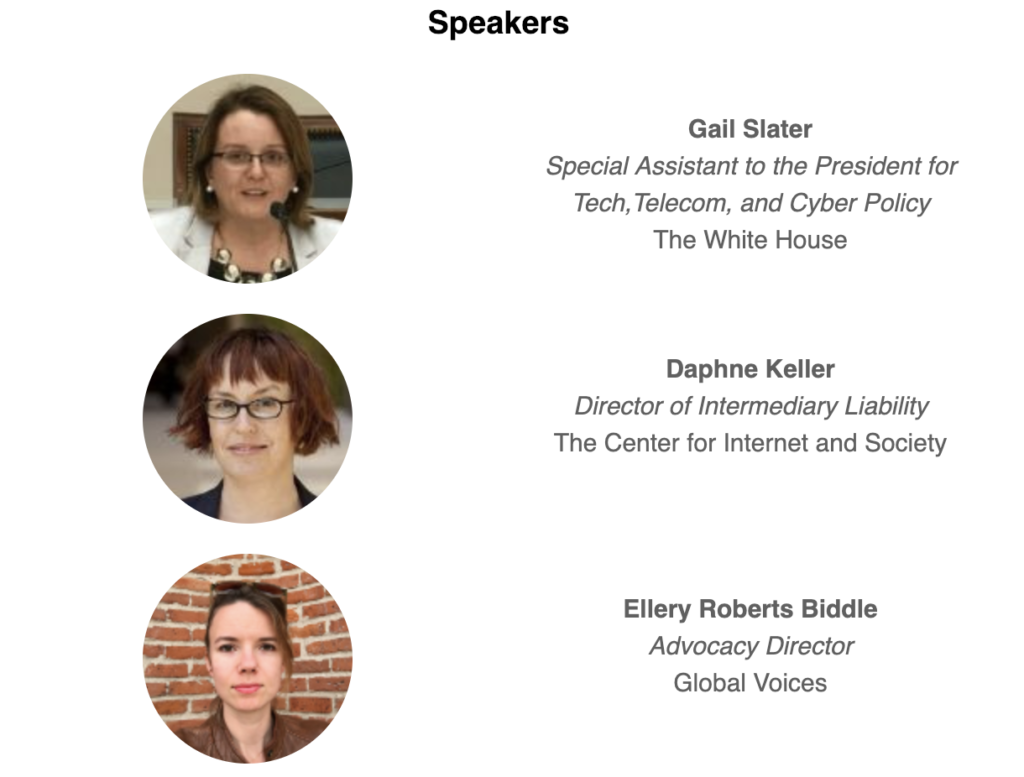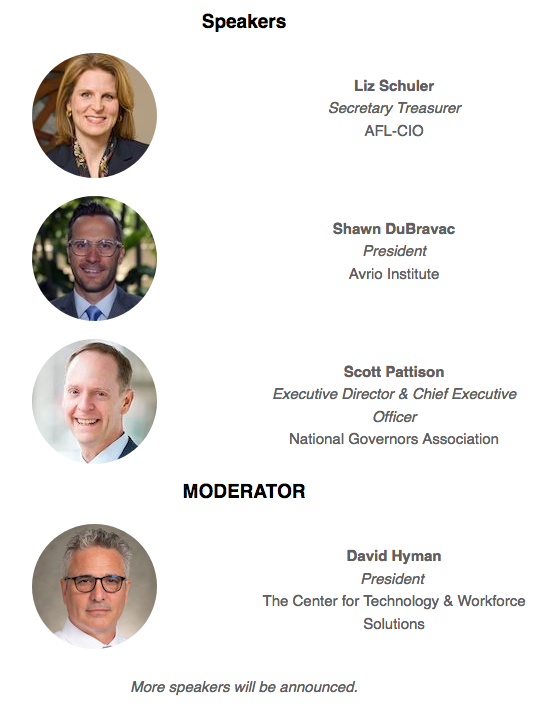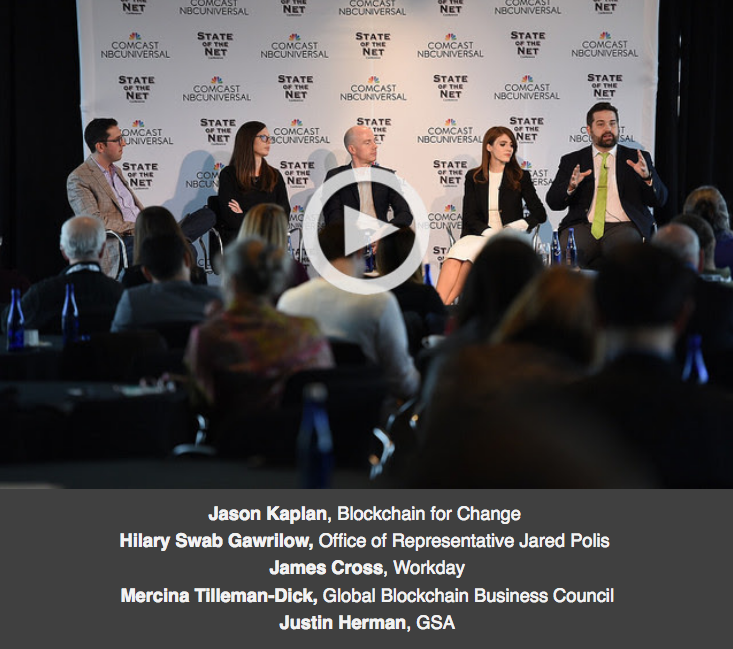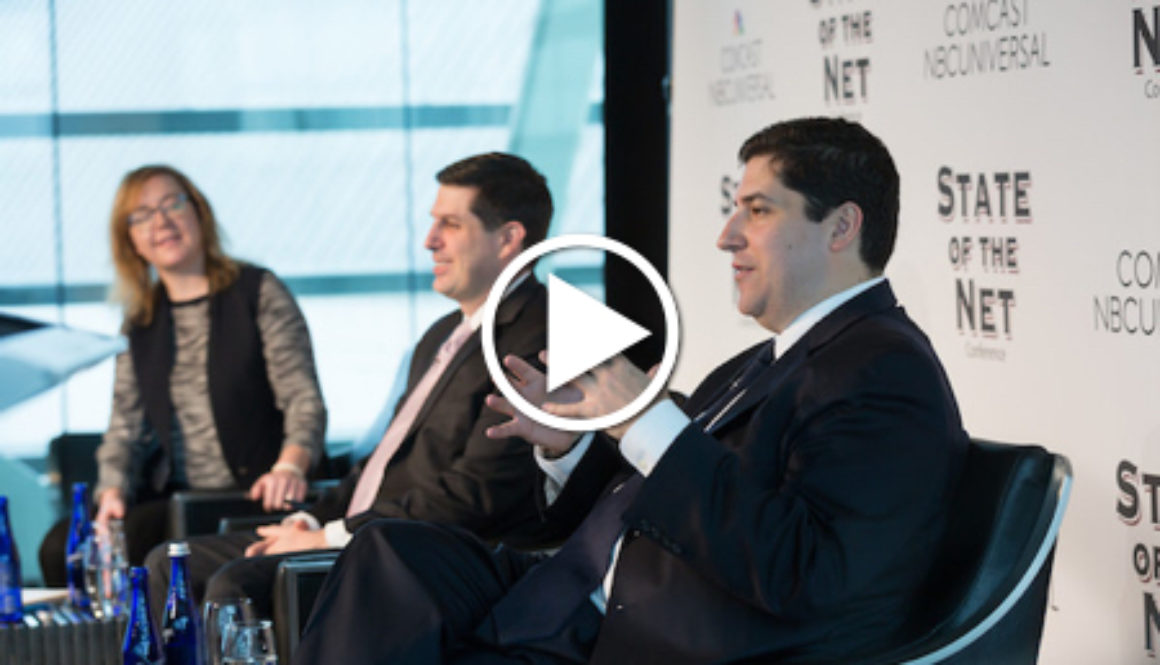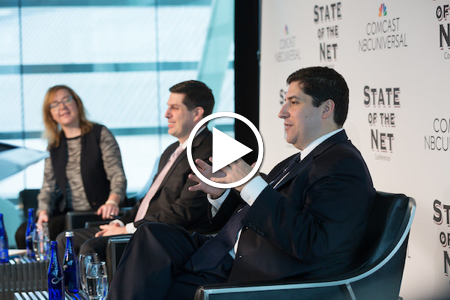Panel: You Thought 2020 Was Tough For Content Moderation? Welcome To 2021
The developments of yesterday and today made an already challenging content moderation environment all the more difficult. We had already planned on a heavy Section 230 and content moderation focus at the State of the Net Conference on January 26 & 27. Pandemic and election misinformation made 2020 incredibly hard for moderation content on platforms. But just a few days into 2021, we seem to be in frighteningly unfamiliar territory.
We’ve assembled the best experts on content moderation to help explain the enormous challenges that 2020 and, now, 2021 have heaped upon free expression online. Our panel, “You Thought 2020 Was Tough For Content Moderation? Welcome To 2021,” will feature Jamal Greene of the Oversight Board and professor at Columbia Law. Other panelists include Joan Barata of Stanford and Nora Benavidez of PEN America. Tiffany Li, MSNBC columnist and renowned law professor, will moderate.
We will have a lot on both content moderation and Section 230 and we’ll announce more speakers and panels on a rolling basis.
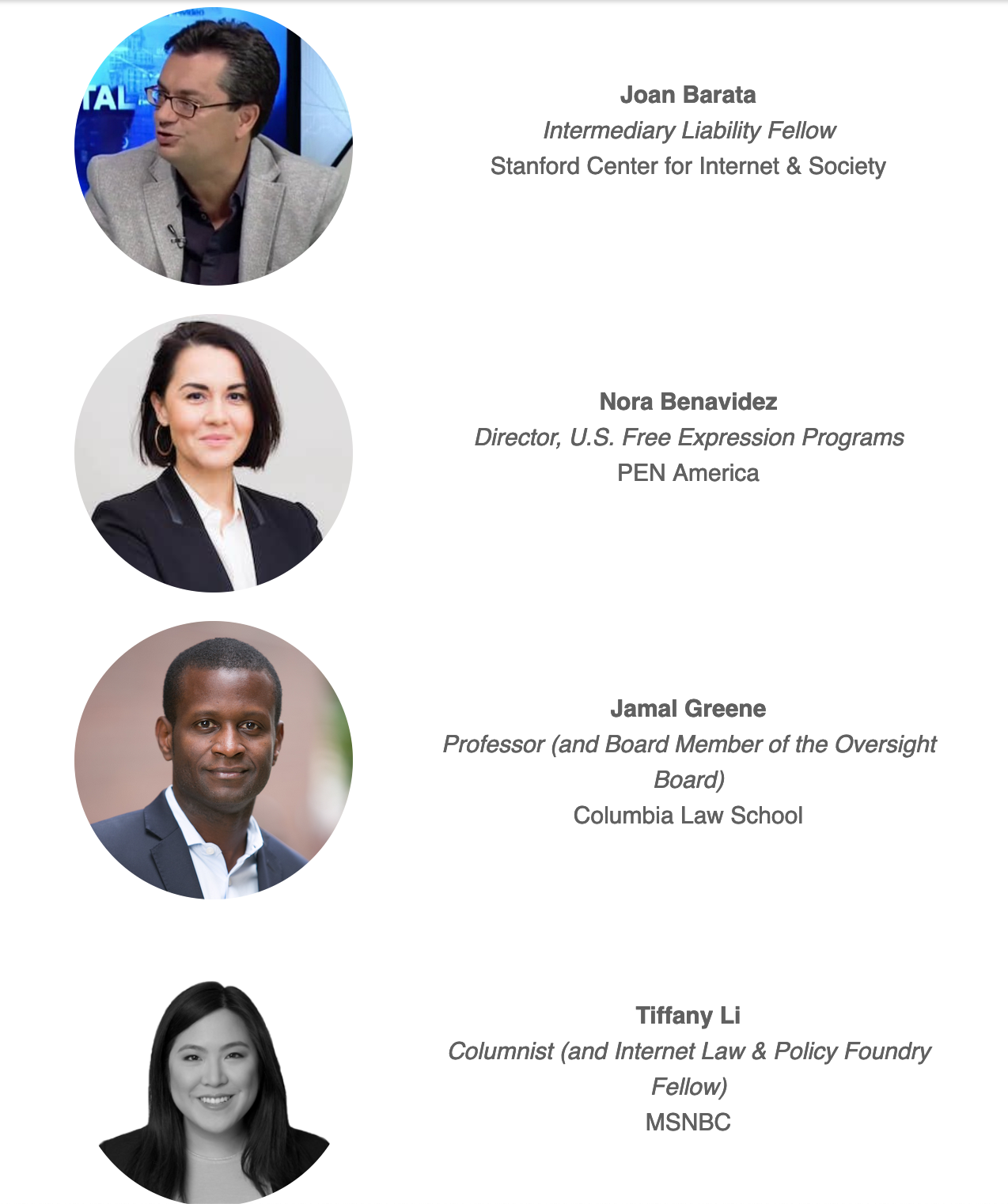
The enormous challenges of moderating content and enabling free expression on the Internet became even more challenging in 2020. Internet companies, government officials, and leading experts dealt with election and voter misinformation at enormous scale. Just as the New Year rang in the new decade, the pandemic made content moderation a life and death challenge for everyone. Those challenges piled on top of the existing challenges everyone has already been working to address. Early in 2021 content moderation experts all felt a sickening feeling as an angry mob stormed the Capitol Building to overturn an election. Our panel of experts will discuss the efforts to manage content and expression online and where we are now.

